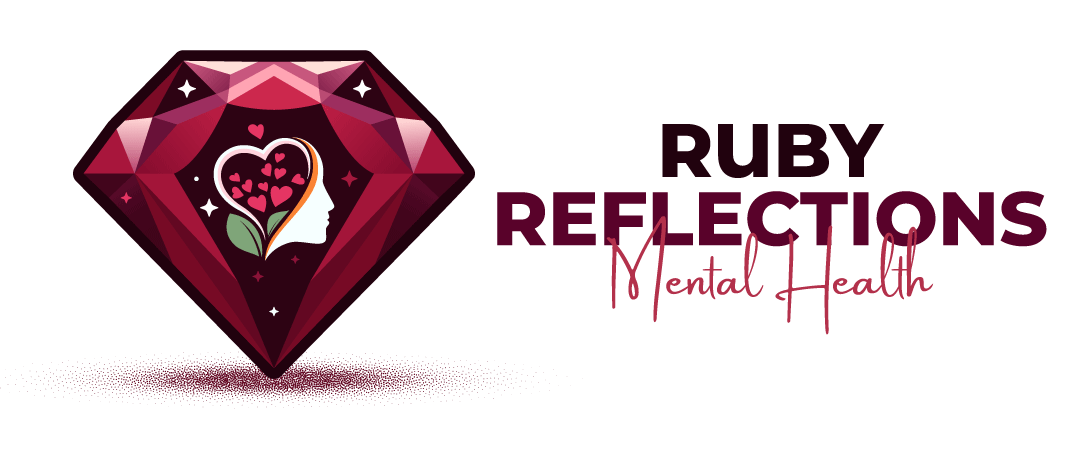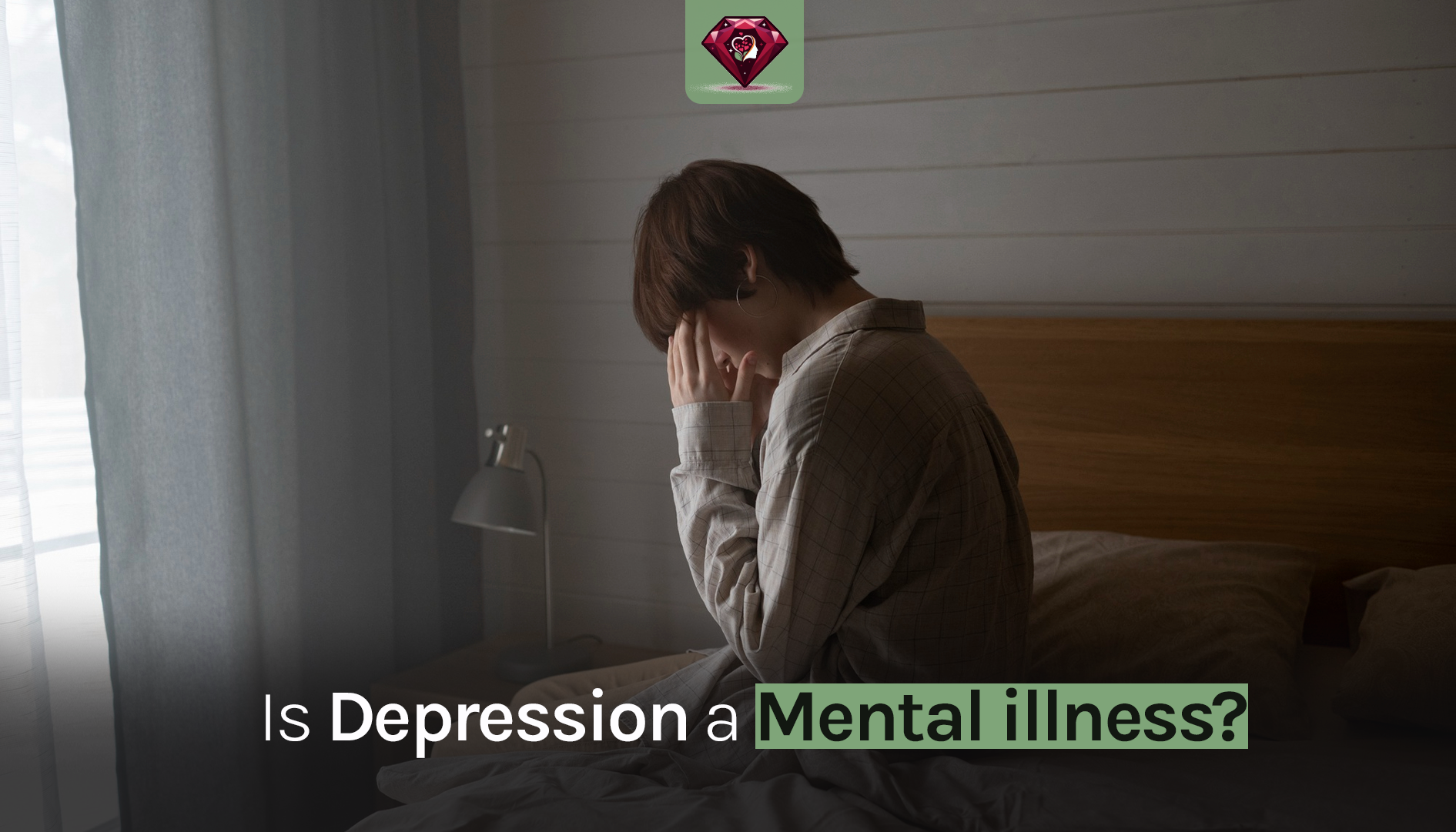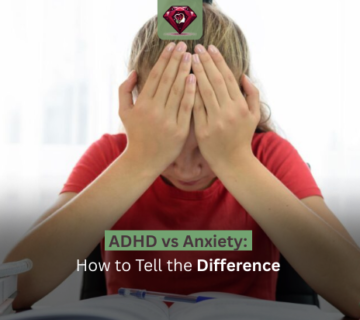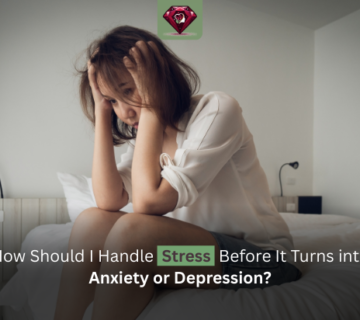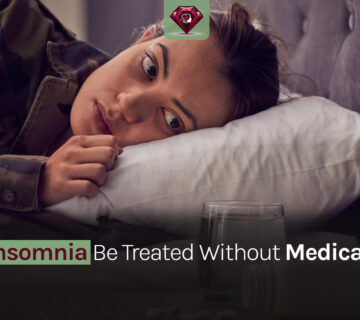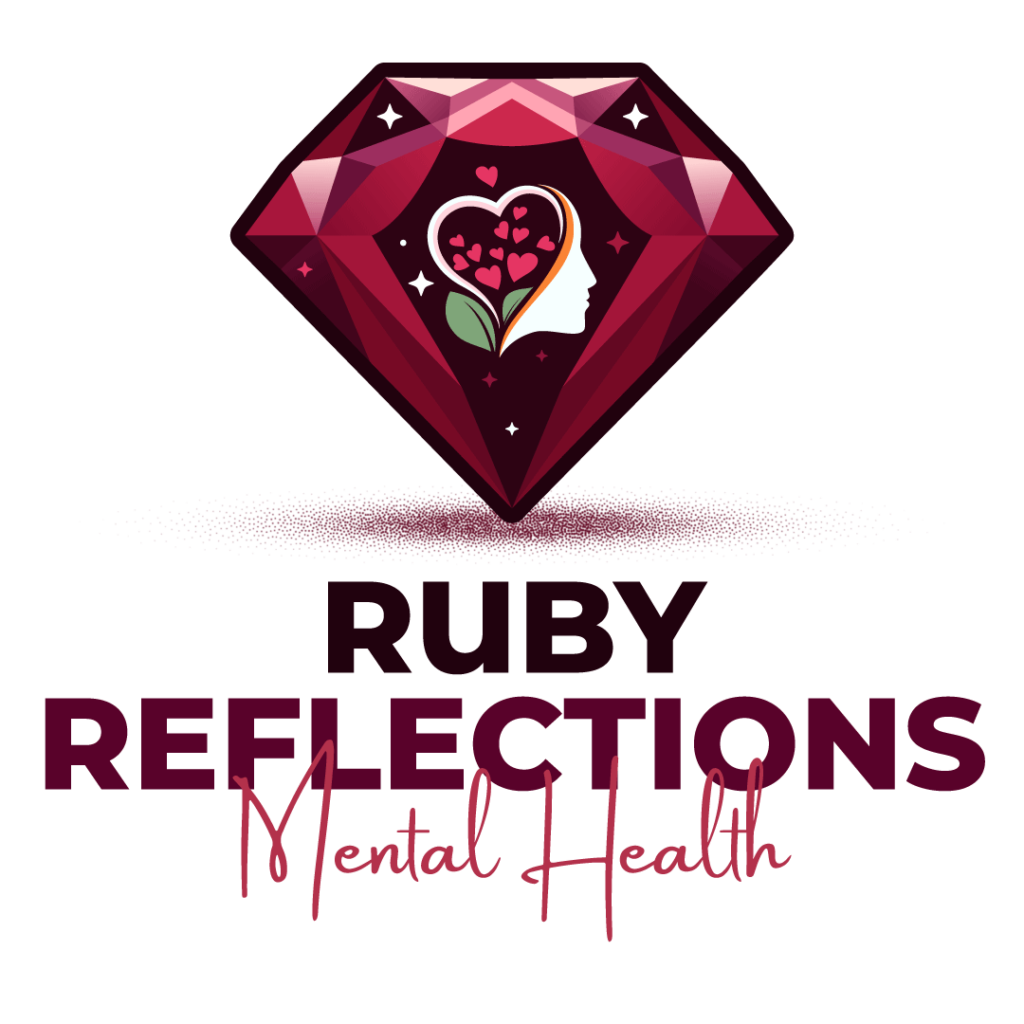Some feelings are just hard to explain.
You might be:
- Dragging yourself through the day.
- Losing interest in things that once mattered to you.
- Finding everything meaningless.
- Feeling emotionally flat—even when nothing seems wrong.
If that’s been your reality for a while, it’s only natural to ask: Is depression a mental illness?
People often wonder about their emotional state when sadness overwhelms them yet they doubt whether this degree of depression qualifies as clinically serious.
The medical condition of depression actively modifies your way of thinking while altering your capability to function.
It also impacts your feelings toward other people and your environment.
And yes, it is a mental illness—but understanding what that really means can shift how we approach it, talk about it and treat it.
Let’s talk about what depression really is, how it shows up in your life, and why support makes a world of difference.
What Is Depression, Really?
Major depressive disorder (MDD) represents a clinical mental health condition that experts name as depression.
It transcends a couple of brief periods of unhappiness. This disorder transforms the way thinking and feeling together with everyday functions operate.
You might feel like you can’t eat when depressed, find it hard to get out of bed, or feel a loss of interest in formerly meaningful activities during periods of depression.
All people feel sadness, yet depression is something that continues to remain.
Depression exists without definite triggers while targeting people from any demographics, including gender and age.
Diagnosis of depression happens when individuals consult with psychiatrists and depression specialists who first listen to their perspectives and then offer proper treatment.
NIMH reports that depression affects 21 million adults yearly throughout the United States.
Is Depression a Mental Illness?
Let us return to the core question: Is depression a mental illness?
Yes. Depression qualifies as a mental illness. It transforms how the brain operates and functions and influences emotional states.
The condition does not represent weakness or laziness in any way. The condition has an official medical diagnosis status, and proper support can allow treatment.
- A depressive state harms relationships and disrupts both decision-making skills and inner self-assessment capabilities.
- Medical treatment and therapeutic interventions become necessary for its management in the same manner as physical conditions.
- The different forms of depression encompass seasonal affective disorder, postpartum depression, and treatment-resistant depression.
People need to overcome the prejudice against mental illness.
Due to the wrong perception of depression as “not serious enough,” people avoid seeking help, when in reality, depression is a silent killer.
Its Effects on Your Life and Work
The daily responsibilities you need to maintain become extremely hard due to depression, especially in your professional life and social network.
The need to continue working usually creates intense pressure that becomes unbearable.
Here’s how depression and work often clash:
- Trouble concentrating on tasks
- An energy deficit causes your productivity to decrease
- Depression disconnects you from both professional relationships with coworkers and your job obligations.
- Increased absenteeism due to mental and physical fatigue
Getting in touch with a professional at either a depression clinic or a therapist who knows about your current situation is advisable when your symptoms match these descriptions.
Depression in Recovery and Remission
The process of recovering from depression does not show steady improvements.
The good feelings can stay with you for several weeks before depression returns abruptly. This is part of the process.
Depression in recovery means purposely working to control symptoms through therapy, along with medication and support group attendance.
A depression remission happens when symptoms vanish, but patients need ongoing treatment to stop symptoms from coming back.
A few recovery tips:
- Continue with your treatment without skipping any sessions, not even at times when you feel better.
- Schedule routine conversations with your psychiatrist.
- Use short daily practices that provide both structure and comfort to yourself.
There’s hope in recovery. Multiple people discover unexpected clarity and personal strength that, before, seemed unimaginable.
The Truth About Depression
Reading this might be difficult yet important because depression which goes without treatment often produces suicidal thinking or behavior.
That’s why people say “depression is a silent killer“—because outwardly, everything can look fine. But inside, someone might be deeply affected.
If you’re having dark thoughts or feel like giving up, please reach out.
Showing courage is what reaching out means. It stands as one of the most audacious decisions people can make.
The 988 Suicide & Crisis Lifeline remains available to provide support at any point.
Getting Help from a Depression Clinic
If you feel like you’ve tried everything but nothing works, a depression clinic can be a safe space. A clinic for depression treatment can provide:
- Comprehensive evaluations
- Therapy customized to your needs
- Medication management
- Group therapy and peer support
A good mental health practice will also understand the realities of depression in recovery and guide you through sustainable depression remission.
The Bottom Line
So, is depression a mental illness? Yes.
Depression affects many people who silently endure its burden. The situation does not have to persist indefinitely.
Obtain support and healing. You deserve to stop living with the pretense of being fine.
Reach Out
The mental health professionals at Ruby Reflections Mental Health await your first move toward recovery.
Ruby Reflections Mental Health offers:
- Experienced psychiatrist and depression professionals
- Holistic and personalized care plans that can also include medication management and supportive psychotherapy
- Confidential sessions in a safe environment
Contact Ruby Reflections Mental Health to set up an appointment.
FAQs
What is depressive disorder due to medical condition?
Medical conditions that generate depressive symptoms lead to what healthcare professionals call depressive disorder.
The treatment needs dual medical and psychological examinations.
What is situational depression?
A particular event, such as job loss or divorce or trauma can trigger situational depression, which remains as a temporary depressive state.
Treatment options prove essential to help people recover from the illness.
What are the 10 facts about depression?
- It’s a real medical condition.
- Women are twice as likely to be diagnosed.
- It affects brain chemistry.
- It’s treatable.
- Genetics play a role.
- It can affect children and teens.
- Sleep is often disrupted.
- Physical pain is common.
- Exercise can help.
- Social support matters.
How do I get undepressed?
- Practice self-care.
- Physical activity helps.
- Get professional treatment.
